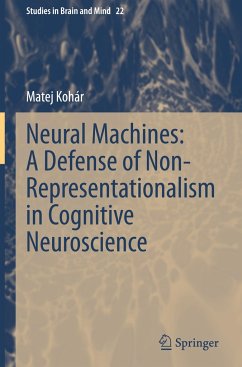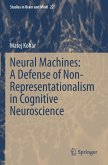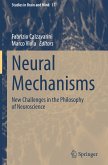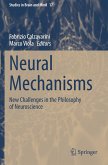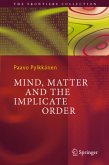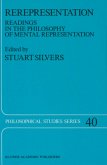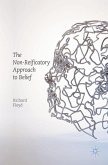In this book, Matej Kohar demonstrates how the new mechanistic account of explanation can be used to support a non-representationalist view of explanations in cognitive neuroscience, and therefore can bring new conceptual tools to the non-representationalist arsenal. Kohar focuses on the explanatory relevance of representational content in constitutive mechanistic explanations typical in cognitive neuroscience. The work significantly contributes to two areas of literature: 1) the debate between representationalism and non-representationalism, and 2) the literature on mechanistic explanation.
Kohar begins with an introduction to the mechanistic theory of explanation, focusing on the analysis of mechanistic constitution as the basis of explanatory relevance in constitutive mechanistic explanation. He argues that any viable analysis of representational contents implies that content is not constitutively relevant to cognitive phenomena. The author also addresses objections against his argument and concludes with an examination of the consequences of his account for both traditional cognitive neuroscience and non-representationalist alternatives. This book is of interest to readers in philosophy of mind, cognitive science and neuroscience.
Kohar begins with an introduction to the mechanistic theory of explanation, focusing on the analysis of mechanistic constitution as the basis of explanatory relevance in constitutive mechanistic explanation. He argues that any viable analysis of representational contents implies that content is not constitutively relevant to cognitive phenomena. The author also addresses objections against his argument and concludes with an examination of the consequences of his account for both traditional cognitive neuroscience and non-representationalist alternatives. This book is of interest to readers in philosophy of mind, cognitive science and neuroscience.

